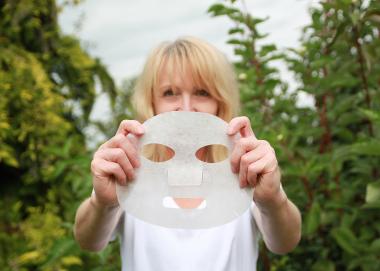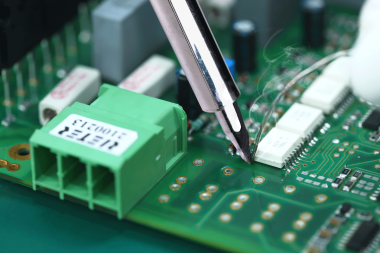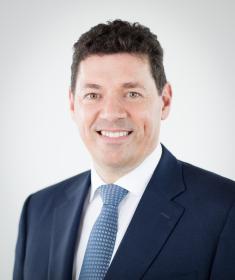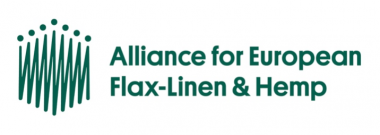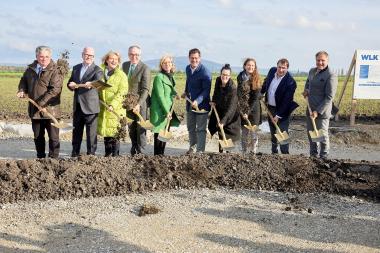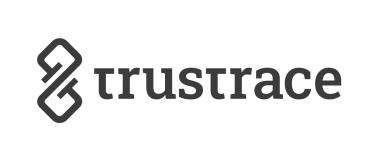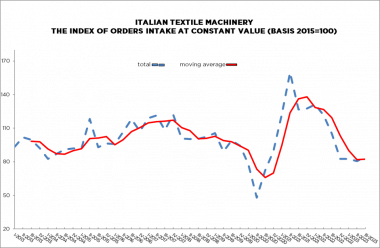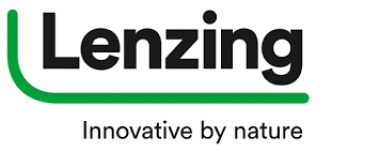Conclusion of China in-store 2023
China in-store 2023, an official satellite of EuroShop, has drawn to a successful close at the Shanghai New International Expo Center (SNIEC) on 1 December. Over three days 103 exhibitors presented innovative store design and retail solutions attracting almost 14,000 professional visitors.
This year the trade fair focused on high-quality in-store solutions for the first time, offering many inspiring solutions and store-fitting concepts targeted specifically at retailers intending to open premium stores in China or overseas. The Designer Village showcased concepts by leading designers revolving around Visual Merchandising and storefront design solutions. At the “Retail Forum” and “Design Forum” 46 industry experts presented the latest retail and store design trends such as lightweight construction of commercial spaces. The renowned ERDA China Award recognised outstanding store design concepts.
The latest retail technologies on display at China in‑store 2023 included amongst others digital display mannequins, virtual dressers, dynamic lighting systems with shopper identification and AI-based smart shelving and ESL. All of these solutions help retailers improve the in-store user experience, above all of the younger generation.
The next China in-store will be held at the Shanghai New International Expo Centre from 3 to 5 September 2024.
Messe Düsseldorf (Shanghai) Co., Ltd.








